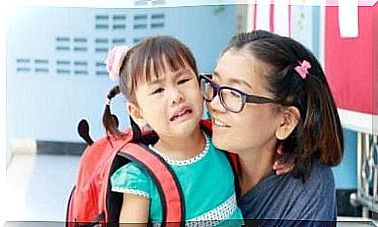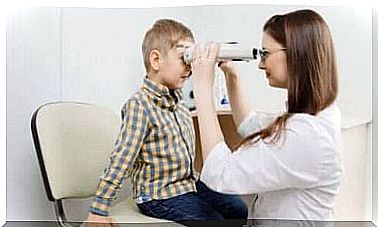Be Aware: These Signs May Indicate That Your Child Has Learning Difficulties
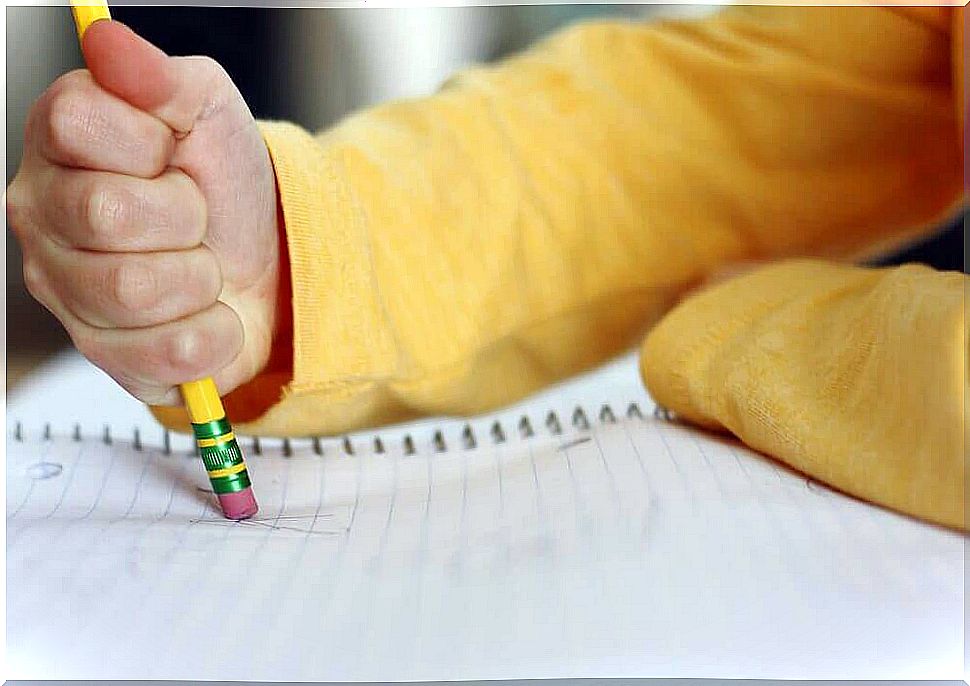
Angelica is four years old and has just been to school for the first time. During class she does not talk or share with other children. She also does not seem to follow the teacher’s instructions. The school psychologist and the teacher arrange a meeting with Angelica’s parents because they see that she may have learning difficulties.
In a short time, Angelica’s parents have been called to school on three separate occasions. At home, Angelica is talkative and interested in learning from her mother and father. But this does not happen at school.
The pressure begins to weigh on Angelica’s parents, and they take her to a neuro-pediatrician. After an assessment, the doctor says he does not see anything abnormal. Angelica is simply different from her classmates, as many children are.
A short time later, a “miracle” happens. Angelica begins to socialize with others, show interest in the lessons, and interact enthusiastically with the teacher and her classmates.
Each child learns at their own pace

The story above has been experienced by many parents, children, teachers and health professionals. Although it is common to say “every child learns at his own pace,” it is also very common for anxiety to make us see problems when they do not exist.
Starting school brings with it many types of problems, but most can be solved in a timely manner. Kindergarten is fun, children learn through play, and the adults have a much closer and personal interaction with them. As children grow up and start school, things become more complicated, the workload increases, and their school relationships take on new and different nuances.
The child will become more aware of their abilities and limitations. For some it is good, for others, not so good.
When are learning difficulties discovered?
A specialist can diagnose learning difficulties, preferably when the child begins in the third stage of school, which is at the age of eight. Learning disabilities affect how one receives information. For example, a child may be late in learning to read or write, and may have problems with math. They can understand what it means, but have trouble managing to express it correctly.
This affects not only school performance, but also their relationship with other people.
The first signs of learning disabilities
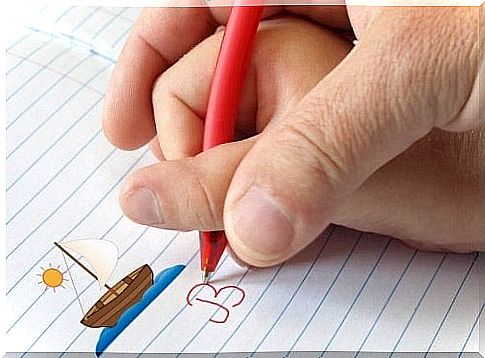
For children under the age of 5, we have made a list of signs of learning disabilities below. But there is one thing we must emphasize: do not despair. You need to be patient, observe your child and see how it develops. The characters are:
- Having motor problems with things like typing, tearing, walking, cutting, snapping buttons, closing zippers or tying shoelaces.
- They struggle to follow simple instructions and are unable to carry them out.
- They have delayed speech, have pronunciation problems, and it is difficult for them to learn new words.
- It is difficult for them to learn to read, understand numbers, the alphabet, the days of the week, colors and geometric shapes.
- They find it difficult to concentrate or pay attention.
- They feel frustrated or unmotivated to do school activities or other family or social activities.
Indicators of learning disabilities in older children
- They do not want to talk about their studies and spend a lot of time doing assignments.
- They get bored easily and have no interest in school.
- Bad or aggressive behavior at school.
- They show signs of struggling to identify and express their feelings.
- They have trouble sleeping or eating.
Children who have learning difficulties
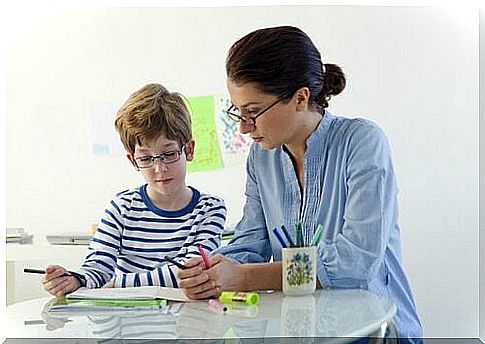
Children with learning disabilities have normal or above normal intelligence. However, they find it difficult to express what they can. Since they have difficulty learning certain subjects, they often feel frustrated and annoyed.
These feelings can negatively affect their self-esteem. They may also suffer from depression, since they know what they want to achieve, say, write or do, but it is very difficult for them to do so.
In some cases, children with learning disabilities also have special needs such as dyslexia, dyscalculia or both. This undoubtedly helps in making an accurate diagnosis. They may also have difficulty keeping up, but this does not necessarily mean that they have ADHD or ADD.
How can I help my child with learning disabilities?
- Learn and accept that learning disabilities last a lifetime. Remember, though, that you do not have to worry about it. With the right help, the child will learn and grow to be happy and healthy.
- Your child’s teacher can help detect symptoms and create an appropriate learning environment, but they can not make a diagnosis.
- A good diagnosis and appropriate intervention will have a very positive impact on the child’s academic life.
- Tests to detect whether the child has learning disabilities are performed by specialists: psychologists, child neuropsychologists, pediatricians or psychiatrists.
- Children with learning disabilities are still learning. You just need to focus on their abilities and preferences. This will boost their confidence.
- Shouting at them or punishing them will not work on these children. In fact, it can make the problem worse.
- If your child twists or cries because of their limitations, show that you support them. Tell them how much you love them and remember how hard they have to try to achieve something that you know is not easy for them.
To mom and dad
Raising a child with learning disabilities is stressful. If you need help or psychological support, seek it out. Your child will also benefit from the fact that mom and dad are doing well.
Please do not compare your child with learning disabilities with another child who does not have it, especially not a brother or sister. Your child will appreciate it.

